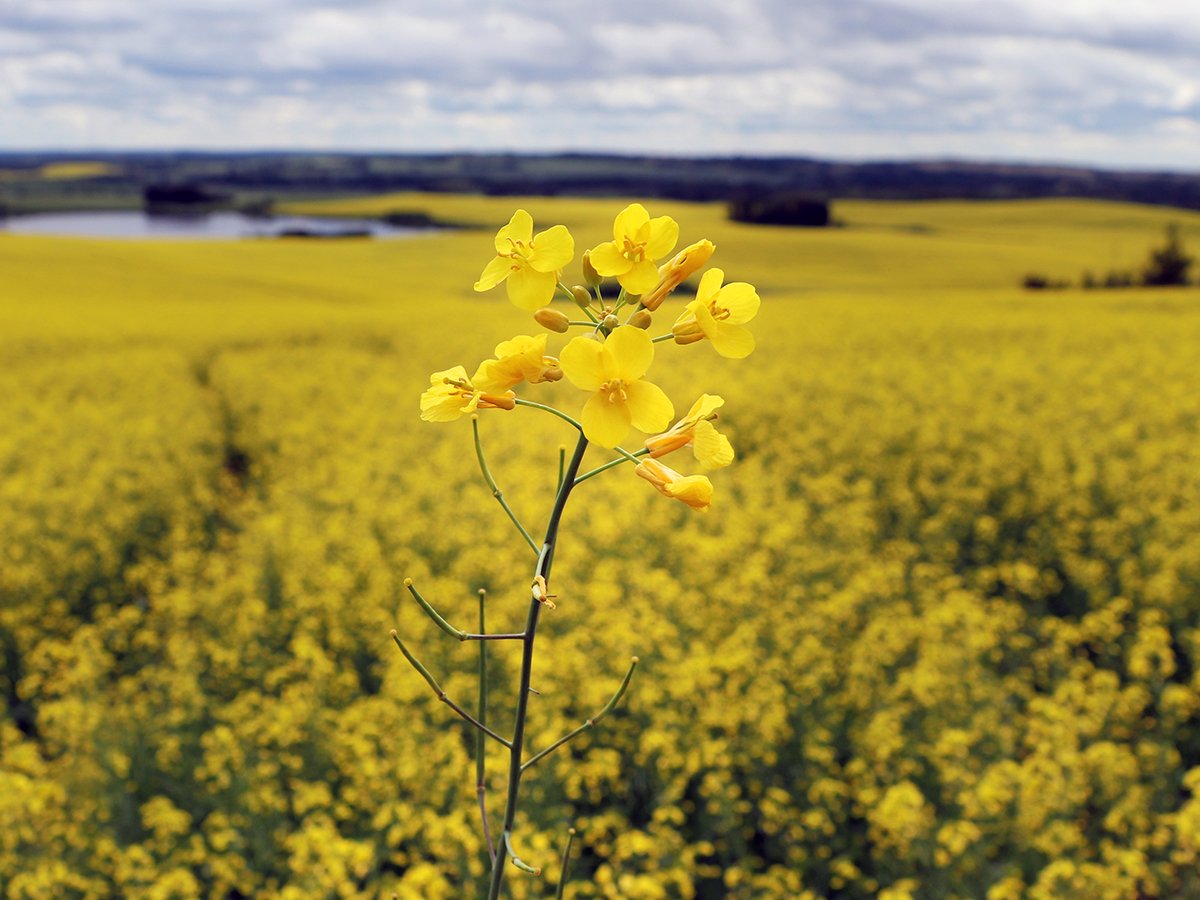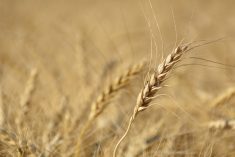The proposal by the European Union would require wool exporters to include a product environmental footprint label
Canadian wool producer groups are joining the global call for the European Union to reconsider a proposed methodology in calculating the environmental impact of natural fibres versus artificial ones.
The Make the Label Count campaign is crying foul over the EU not factoring into its proposed product environmental footprint (PEF) the creation of microplastics, plastic waste and the non-biodegradability of man-made fabrics.
The EU is considering the idea of requiring importers to have a label included on products that would include a PEF, a move large wool-producer countries are rallying against.
Read Also

Chinese offer complicates canola marketing
Recently the Chinese ambassador indicated that there would be a potential deal between Canada and China regarding the current tariff war.
Matthew Rowe, chief executive officer of the Campaign for Wool in Canada, said natural fabric producers want a level playing field, pointing out the renewability and degradability of wool products versus synthetics, which largely use petrochemicals in their production.
“If you’re going to have a system that’s going to make recommendations on what’s more sustainable, it should be accounting for the full picture of the production of the fibre,” he said.
“The point of us getting involved is to ensure that this doesn’t get implemented without having that level playing field because we’d rather it didn’t exist at all than be incorrect.”
Rowe said wool is a biodegradable material produced in a renewable manner using sheep that can contribute fertilizer for soil, as well as be a food source.
Not using those attributes in comparing wool products to synthetics produced using petrochemicals that can take hundreds of years to decompose doesn’t make sense, he added.
No final decision has been made by the EU on the proposed changes, but Australian wool producers say it could happen by 2023.
The Canadian wool industry may be small but Rowe said limitations such as the EU proposals will not help grow domestic production.
“These standards can and do drive behaviour. We’re all for standards, we’re all for sharing with consumers the whole picture. We just want to ensure it’s a fair snapshot,” he said. “On balance, when people understand the lifecycle of the product, they are going to choose natural fibres for style, for comfort but also, ultimately, for sustainability.”
















